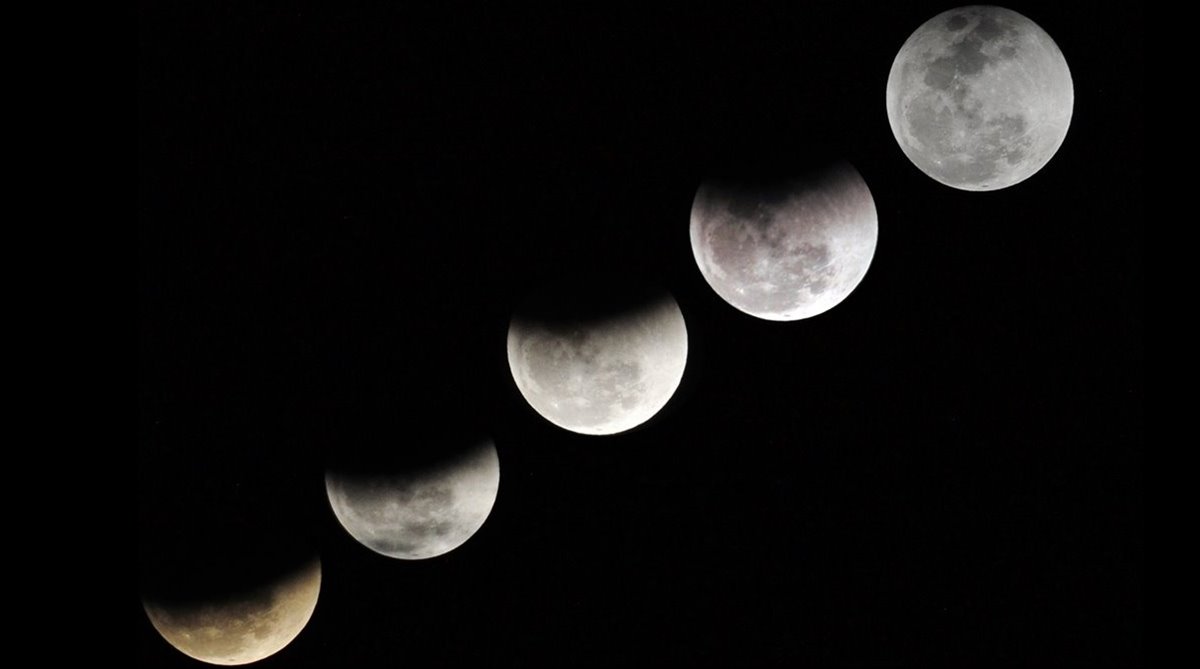Lunar Eclipse 2025: Epic total eclipse to occur on THIS date – Here’s how to watch!
A spectacular total eclipse is on the horizon. Here’s everything you need to know to experience this cosmic phenomenon! Details inside.
It’s a special day for skywatchers, as they prepare to watch the longest total lunar eclipse of this century beginning late Friday night (July 27) and stretching till the early hours of Saturday (July 28).

It’s a special day for skywatchers, as they prepare to watch the longest total lunar eclipse of this century beginning late Friday night (July 27) and stretching till the early hours of Saturday (July 28).
The lunar eclipse or chandra grahan lasting 1 hour and 43 minutes will be visible in its entirety across India.
Advertisement
Planetariums and institutions across India have made special arrangements to watch the Blood Moon, provided the weather permits.
Advertisement
ALSO READ: July 27 lunar eclipse timings | 10 things you should know
Director Pramod Galgali of Jawaharlal Nehru Planetarium said, “If the skies are clear, we will be setting up telescopes through which the general public can look at the eclipse. However, if it is cloudy, there’s nothing that we can do.”
Check out the planetariums and organisations that are planning special arrangements to watch the century’s longest lunar eclipse and the Blood Moon:
The night sky for the next few days will also be graced by a brighter Mars because the planet will be very close to the earth.
READ MORE: What is a lunar eclipse: 7 universal facts to know
People in Asia, including India, and Africa will have the best view of the blood moon.
Those in Europe, South America and Australia can only see partial view of the eclipse.
One can watch the event with naked eyes, but cloud and rain may play spoilsport in most places.
Advertisement